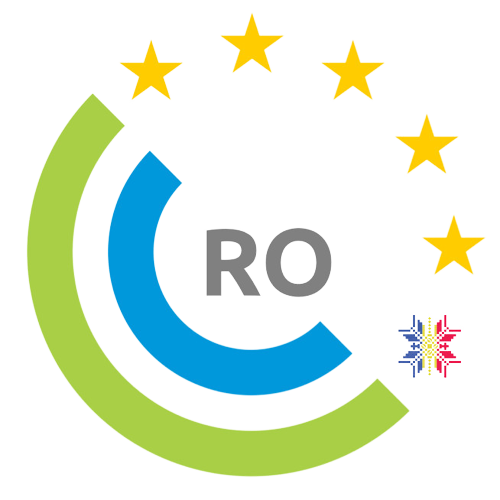In the ever-evolving realm of education and learning, where info moves generously and accessibility to expertise is only a click away, student-driven encyclopedias are emerging as a vibrant device in the learning process.

These platforms not just give students with a database of information but also encourage them to add, modify, and curate web content, promoting a joint and interactive knowing environment.
As instructional paradigms change in the direction of more participatory and comprehensive versions, the idea of student-driven encyclopedias embodies this improvement. These systems empower pupils to become active individuals in expertise development, bridging the space in between conventional textbook discovering and contemporary digital resources.
The Principle Please help 100 Points of Student-Driven Encyclopedias
Student-driven encyclopedias are digital systems where students jointly gather, verify, and share info on a broad array of topics. Unlike typical encyclopedias, which are frequently composed by experts, these systems take advantage of the joint efforts of pupils to produce a thorough body of knowledge.

At their core, student-driven encyclopedias are made to grow vital thinking, study skills, and digital literacy among students. By engaging in the procedure of material production, students find out to navigate and review info seriously, skills that are important in today's information-rich society.
Additionally, these platforms function as a space for trainees to discover their rate of interests and share their proficiency. This democratic method to understanding creation ensures that a varied variety of viewpoints and voices are represented, enhancing the learning experience for all individuals.
- Students gain hands-on experience in research and material production.
- Urges partnership and peer interaction.
- Advertises a deeper understanding of topic.
- Fosters inclusivity and variety in understanding depiction.
In essence, student-driven encyclopedias change trainees from passive recipients of info right into energetic contributors, instilling a sense of ownership and obligation in their educational journey.
Advantages of Student-Driven Encyclopedias
One of the principal benefits of student-driven encyclopedias is the growth of vital 21st-century skills. As students engage in the procedure of material development, they develop their crucial reasoning, electronic literacy, and interaction abilities, all of which are important in today's interconnected world.
Additionally, these platforms motivate a joint learning atmosphere, where students can interact to confirm information, discussion different perspectives, and co-edit posts. This peer-to-peer interaction not only boosts finding out results but additionally cultivates a feeling of neighborhood and common respect among trainees.
Moreover, student-driven encyclopedias provide a system for showcasing trainee job. As trainees add to the encyclopedia, they construct a portfolio of their research and academic reference writing, which can be important for additional scholastic and professional pursuits.
Challenges and Limitations

Despite the countless benefits, student-driven encyclopedias likewise encounter particular obstacles. Making certain the accuracy and integrity of info is vital, as these platforms rely upon payments from students that might not yet possess expert-level understanding.
- Maintaining content top quality and precision.
- Offering ample guidance and assistance.
- Ensuring equitable gain access to and inclusivity.
To alleviate these challenges, numerous student-driven encyclopedias carry out a system of checks and balances, where material is reviewed by educators or professionals prior to magazine. This makes sure that the details provided is both accurate and trustworthy, upholding the stability of the platform.
The Future of Student-Driven Encyclopedias
As technology remains to advance and the landscape of education and learning progresses, the possibility for student-driven encyclopedias is substantial. These platforms have the ability to not only complement conventional instructional sources but additionally redefine the method expertise is acquired and shared.
In the future, we may see student-driven encyclopedias incorporating advanced innovations such as expert system and machine learning to improve material curation and personalization. Furthermore, they may increase past textual information to consist of multimedia content, supplying a much more immersive knowing experience.
Encouraging the Future Generation
Student-driven encyclopedias hold the pledge of equipping the next generation of learners. By placing trainees at the helm of expertise production, these systems urge long-lasting learning, inquisitiveness, and intellectual independence.
Finally, as instructional systems continue to innovate, student-driven encyclopedias stand as a testament to the power of collaboration and the importance of pupil firm in the understanding process. By accepting these platforms, we open the doors to an extra inclusive, appealing, and vibrant educational experience for all.
